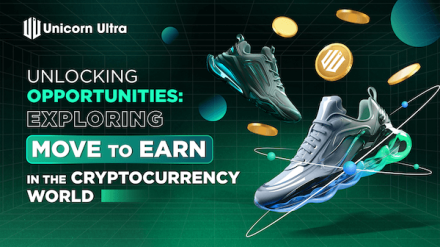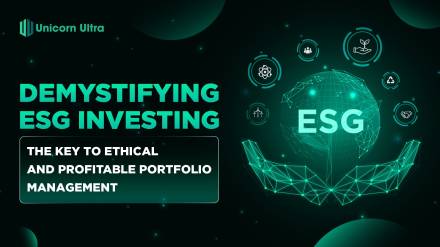Table of Contents
Is DeFi Safe?
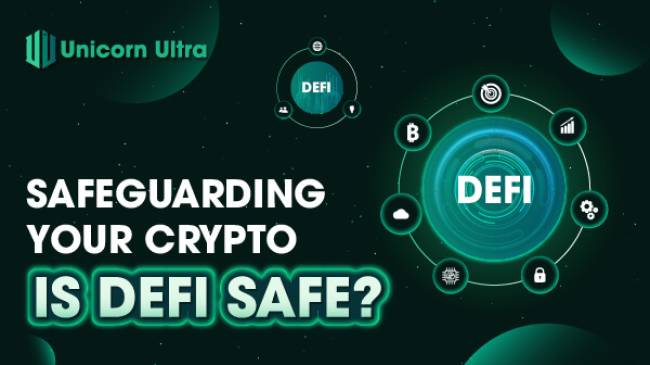
Is DeFi Safe? This is a question that cannot be answered simply with a "yes" or "no". Like any financial system, DeFi carries its own set of risks. Decentralization means that there is no central authority overseeing transactions, making it crucial for users to be vigilant and proactive in protecting their funds.
If you're not familiar with What Is DeFi, then you can find detailed information about it here!
Which security and safety measures can you put into practice?
As with all financial decisions, it's crucial to exercise caution when dealing with DeFi. Most financial experts consider DeFi as speculative and recommend investing only 3-5% of your net worth into cryptocurrencies.
DeFi offers numerous benefits due to its lack of a central authority, such as improved accessibility, lower transaction fees, and higher interest rates. However, this also means that consumers are solely responsible for their actions. Unlike traditional banking, there is no crypto safety net like the Federal Deposit Insurance Corporation (FDIC) or the Consumer Financial Protection Bureau to protect users.
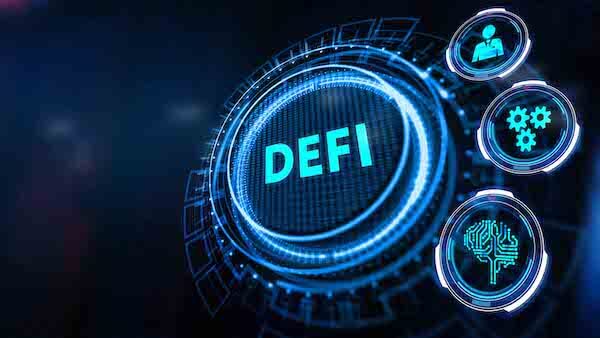
Despite the high risks involved, the potential for high rewards drives the continuous expansion of the DeFi space. As an investor, there are various ways to safeguard and strategically manage your crypto assets. Let's explore a few of them.
Use Wallets Carefully and Selectively
The first line of defense in the DeFi space is your wallet. Choose a reputable and secure wallet that supports the assets you plan to use. Hardware wallets, such as Ledger or Trezor, offer enhanced security by keeping your private keys offline. Avoid sharing your private keys or recovery phrases with anyone, as this could lead to unauthorized access to your funds.
Additionally, consider diversifying your wallet usage. Allocate funds across multiple wallets, each with different purposes, to minimize potential losses in case of a security breach.
Buy DeFi Insurance
One way to mitigate DeFi risks is by purchasing decentralized finance insurance. DeFi insurance protocols provide coverage against smart contract vulnerabilities, hacks, and other unexpected events. By paying a premium, you can safeguard your assets and receive compensation in the event of a breach. Before selecting an insurance provider, thoroughly research their reputation and terms to ensure comprehensive protection.
Other Safety Measures
- Due Diligence: Before investing in any DeFi project, conduct thorough research about its team, history, and smart contracts. Look for reviews, audits, and security assessments from reputable sources.
- Check Smart Contracts: Smart contracts are the backbone of DeFi applications. Audit the code of the projects you're interested in or rely on audits conducted by reputable third-party firms.
- Be Cautious with Yield Farming: While yield farming can yield attractive returns, it comes with increased risks. Be mindful of the risks associated with the specific DeFi project you're engaging with, and only invest what you can afford to lose.
Things that you cannot rely on
Despite your best efforts to secure your assets, there are certain aspects of DeFi that remain beyond your control. These include:
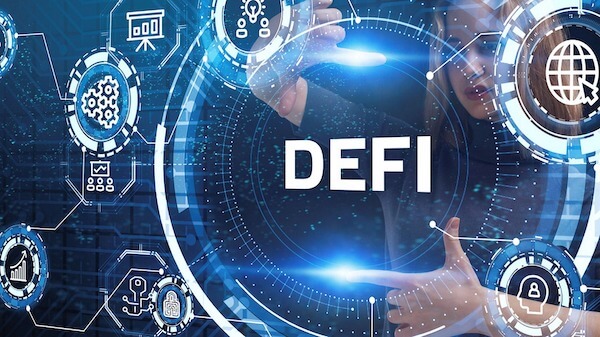
Smart Contract Vulnerabilities: Even audited smart contracts can still have hidden vulnerabilities that hackers could exploit.
Regulatory Uncertainty: The DeFi space is still relatively new and evolving, with uncertain regulatory frameworks in different jurisdictions. Regulatory changes can impact the DeFi landscape and may affect your investments.
Human Error: While DeFi eliminates traditional intermediaries, it also means you are solely responsible for your financial actions. Mistakes in transactions or sending funds to the wrong address can result in irreversible losses.
Conclusion
So, is DeFi safe? DeFi offers exciting possibilities for the future of finance, but it also demands a proactive approach to security. The question of whether DeFi is safe depends on your willingness to adopt robust safety measures. By using wallets wisely, considering DeFi insurance, and conducting due diligence, you can enhance your security within the DeFi ecosystem.
However, it's essential to recognize that DeFi, like any investment, carries inherent risks that you should be aware of before participating. As the DeFi space continues to mature, staying informed and vigilant will be crucial for safely navigating this decentralized financial frontier.



